European experts have stated that the EU “should question itself” in light of the newest controversy involving the European Parliament, in which Qatar and Morocco are accused of corruption, noting that corrupt lawmakers and cases appear to be a feature rather than a flaw in the system.
An opinion piece published by Sebastien Boussois on Euractiv, a pan-European news website specialised in European Union policies, heavily probes this question and points to the ongoing corruption within the European Parliament as the core issue, evoking the term “European Gate” as a more apt name for the affair as opposed to “Qatargate” – given “all the dysfunctions in the European Parliament.”
The corruption case involves allegations of bribes related to Qatar and Morocco in an attempt to influence EU policies.
Authorities in Brussels have arrested and charged four people and seized at least €1.5 million in cash early December at the homes of one current and one former MEP, as Belgian authorities said they were probing corruption and money laundering, as per a Financial Times report.
Since, Qatar has been accused in various western media reports, and particularly after the Belgian federal prosecutor’s office sent a media statement saying the police “suspected a Gulf country of influencing economic and political decisions of the European parliament.”
Is corruption at heart of EU politicians themselves?
At the heart of the scandal is Pier Antonio Panzeri, a former socialist MEP, well networked and a “pillar” within the European Parliament for two decades, as well as a specialist in Middle East issues, particularly the Gulf.
As per Boussois, Panzeri plays a key role in this corruption affair and others, as he appears to have also been “bought out” by former Kazakh oligarch, Mokhtar Ablyazov, who is currently on trial for embezzling several billion dollars according to L-Post newspaper.
The former MEP is suspected of corruption alongside the former European Commissioner for Migration, Dimitri Avramopoulos, who was on the board of Panzeri’s “Fight Impunity” organisation.
An investigation was recently launched by the President of the European Commission, Ursula von der Leyen.
As such, the writer of the opinion piece flips the question from Qatar to the European Union, questioning whether it is foreign states who are approaching and meddling with EU policies, or if it is in fact EU politicians who are presenting themselves to foreign states, masquerading as sources of influencer in exchange for cash.
Boussois opines that the web of suspected EU politicians was likely created by Panzeri, who appears to be a cash magnet, from which all other members of the corruption-network would have benefited, meaning that “this structure has become, within the Parliament, where the critical elements are suspected of corruption, a quasi-internal consultancy that has offered its services externally.”
“It therefore seems unlikely that Qatar, like Morocco, has gone into this magma and ocean of European institutions without people offering them their power and influence,” the opinion writer states in his Euractive article.
1000 billion Euros in corruption
Boussois digs further into the EU by stating that, “A few European spooks tarnish an entire institution while the EU’s deputies spend their time lecturing the world on human rights. This raises today more than ever the question of the integrity of the Union, but more particularly that of the active lobbying policy that is practiced at the heart of the system.”
According to European Parliament statistics, the impact of corruption within the EU from all member states combined amounts to nearly 1,000 billion Euros, or 6.3% of its total GDP, which according to the writer “proves that the problem is not so much outside as it is inside the fruit.”
With over 12500 organisations registered with the European Parliament representing over 50,000 people, it is likely that the current corruption scandal is not the only one and that other foreign states and powers have meddled and paid for influence within EU policies.
Contrary to the European Commission, which has the European Anti-Fraud Office, the European Parliament currently lacks an internal control mechanism (OLAF).
According to the opinion post, lobbying “remains exceedingly permissive, even though it is more severely controlled on the European side than the American side.” The situation in the European Parliament was further described as a “sieve against the hazards of corruption” in an L’Express story.
All of this ultimately led to the Boussois’ conclusion, which was that it is past time for the European Union to examine itself.


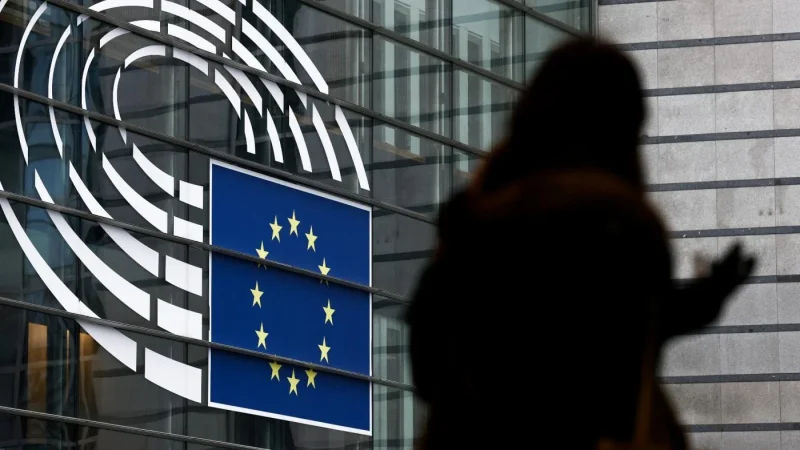


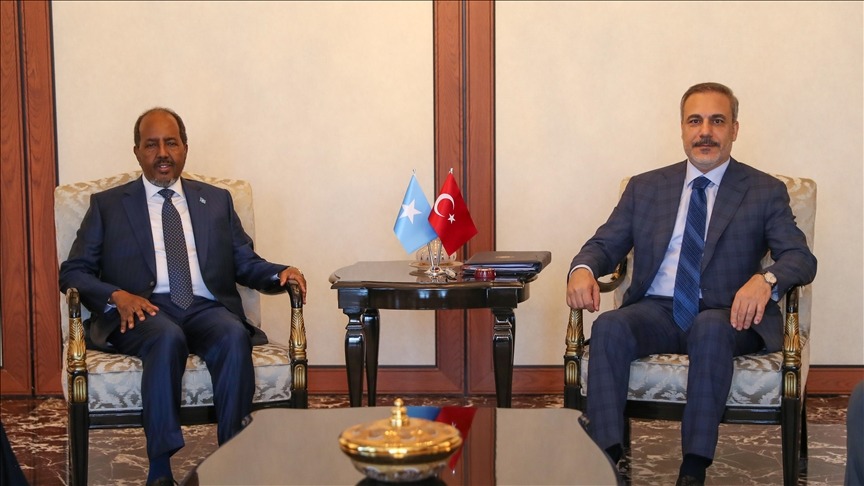
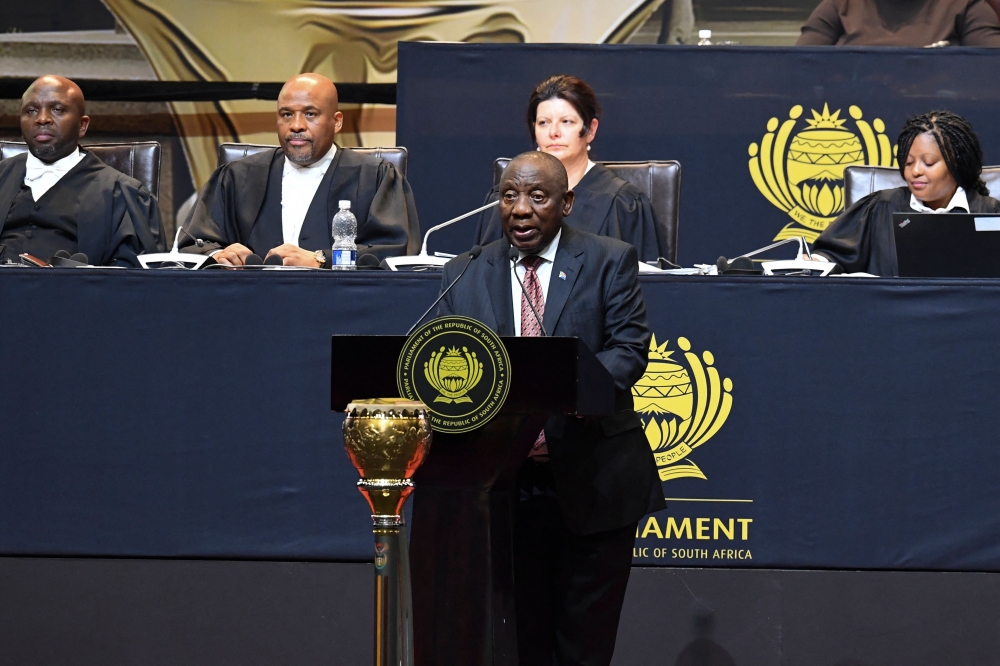
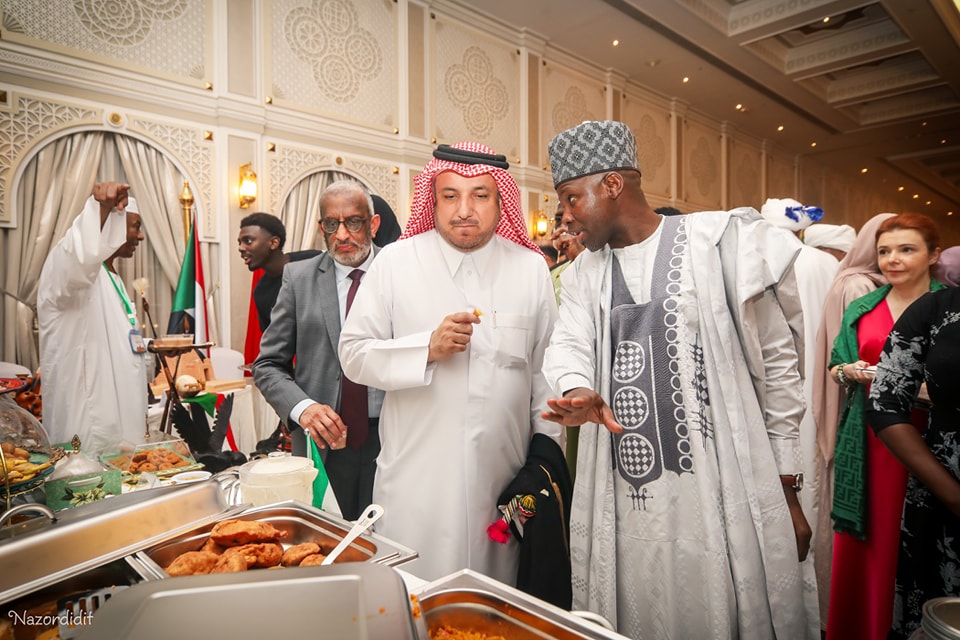
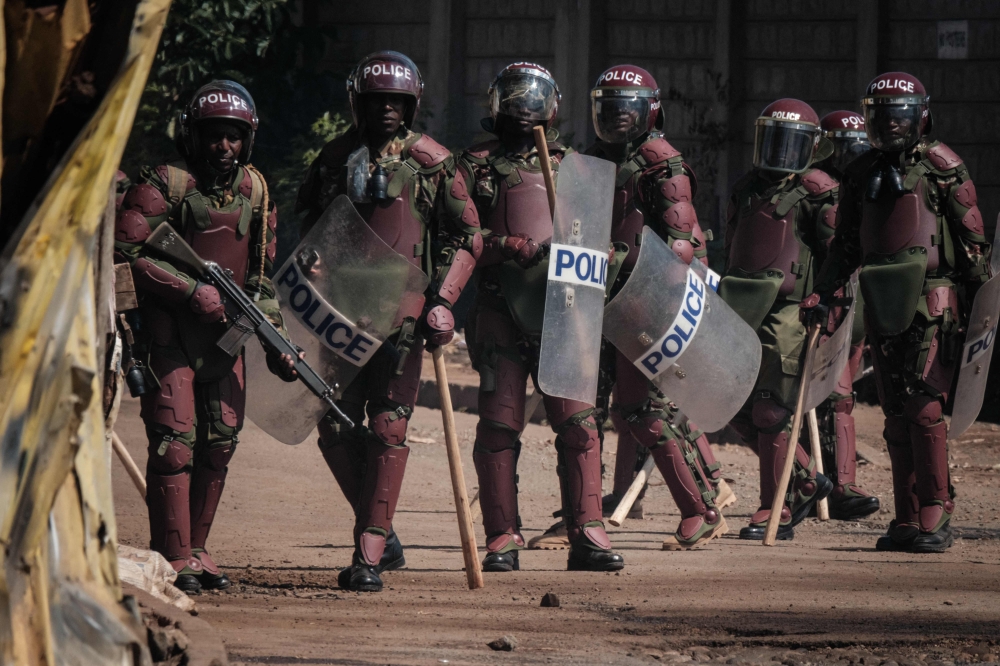
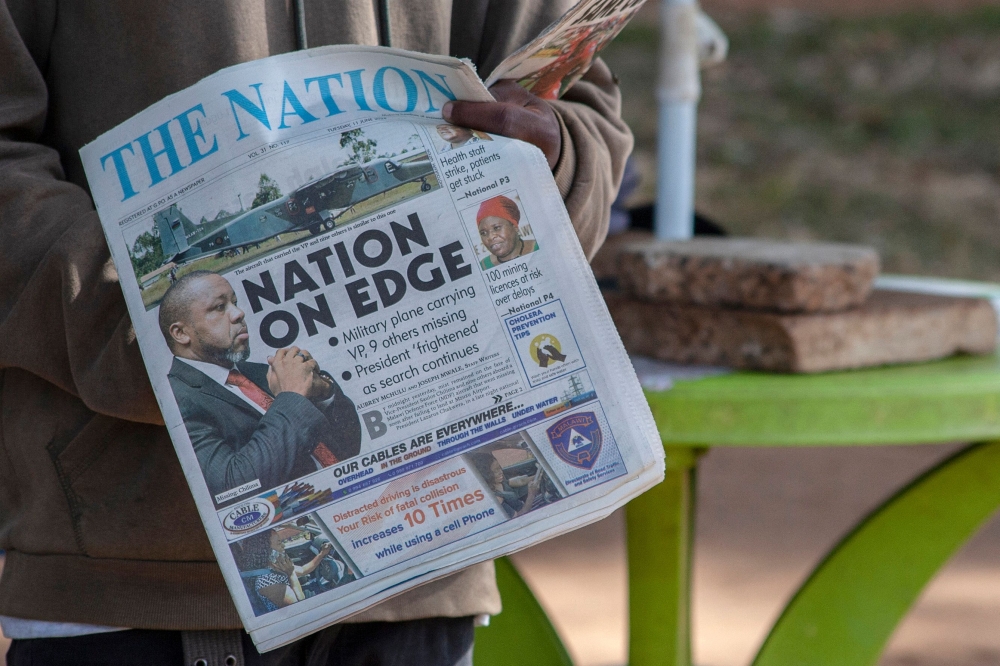
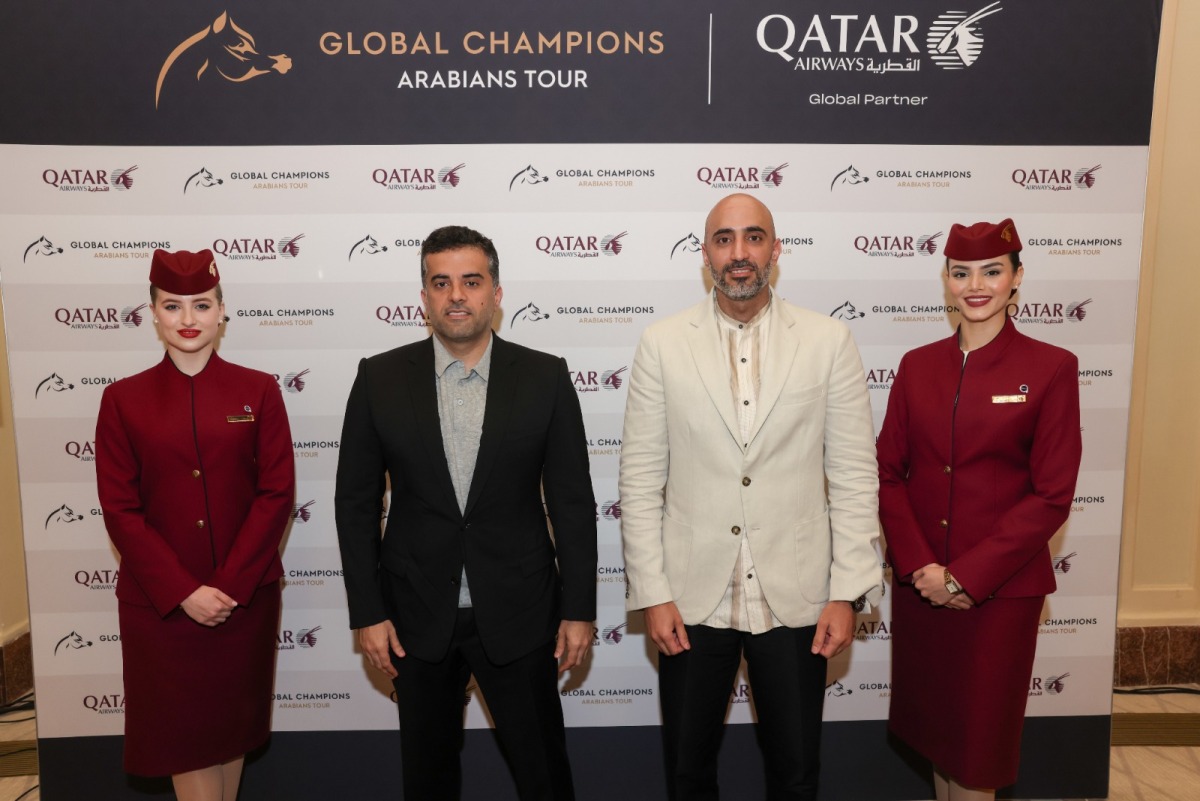
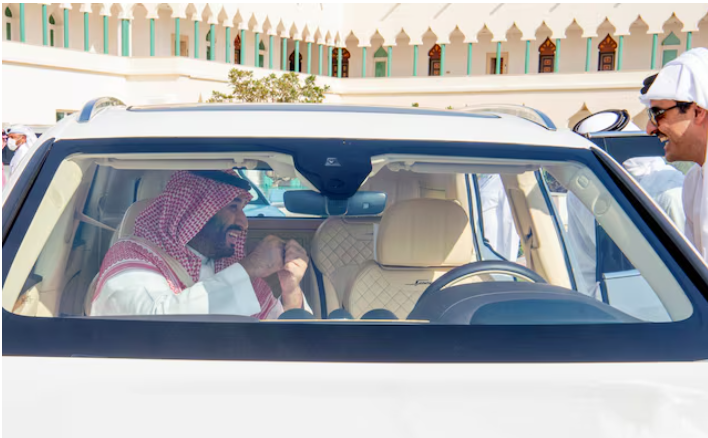





Leave a Reply